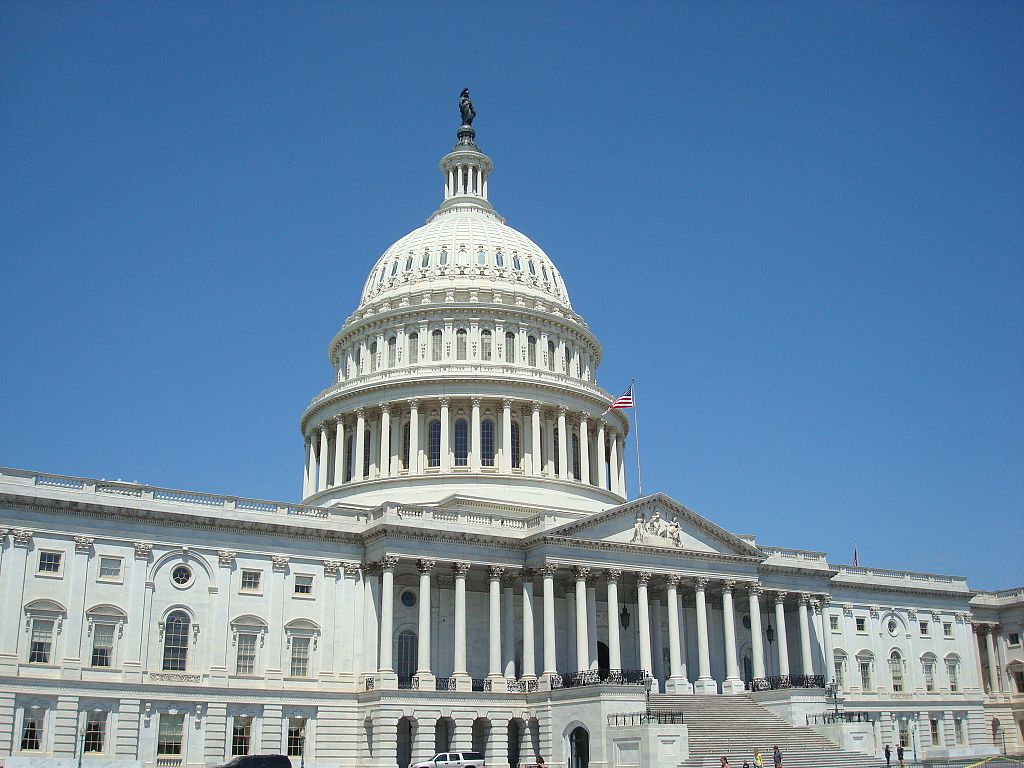
By Dave Workman
Editor-in-Chief
On a 50-49 party line vote, Senate Democrats stopped a Republican effort to nullify the controversial January rulemaking by the Bureau of Alcohol, Tobacco, Firearms and Explosives that reversed years of policy regarding pistol stabilizing braces, abruptly changing the way the devices are regulated.
Courthouse News is reporting the Senate vote came one week after the House “passed its version of the legislation.” It is the latest, but not the last, chapter in an unfolding drama putting American gun owners on one side and the Biden administration and Democratic Party on the other.
Under the new rule, pistols with arm braces attached are now considered short-barreled rifles, subject to regulation by the ATF under federal law dating back decades. Under the 1934 National Firearms Act, short-barreled rifles (SBRs) must be registered or the owners could be fined and imprisoned.
However, last month, a federal judge in Texas granted a preliminary injunction in a case brought against the ATF by the Second Amendment Foundation. U.S. District Judge Jane J. Boyle noted in her ruling, “The Court grants in part the Motion and issues a preliminary injunction as to Plaintiffs in this case only, pending resolution of the expedited appeal in Mock v. Garland, No. 23-10319 (5th Cir.). Upon resolution of the appeal in Mock, the Court will address the remaining relief Plaintiffs request in their Motion. If necessary, the Court will order additional briefing at that time.”
The case is known as SAF, et.al. v. ATF, et. al. After the SAF victory was announced, Judge Boyle clarified that the preliminary injunction order applies to both SAF “and its members.” In the days that followed, SAF membership exploded, with at least a couple of thousand life memberships included in the spike.
So successful was it that the National Rifle Association subsequently asked to join the case so its members can be afforded the same protection. SAF welcomed NRA’s request.
SAF founder and Executive Vice President Alan M. Gottlieb called the preliminary injunction a “significant win.”
“When Joe Biden took office, he immediately began weaponizing the ATF, and this new pistol brace rule is a result of that strategy,” Gottlieb said at the time. “It amounts to a dramatic shift in policy, and leads us to conclude the administration is moving to change the definition of pistols fitted with these braces to be ‘rifles,’ and thus subject to the National Firearms Act. In the process, they’re turning millions of law-abiding citizens into criminals. We can’t allow that without a fight.”
According to Yahoo News and the Associated Press, the regulation, which took effect June 1, is “one of several steps” Biden has wanted to take in response to a mass shooting in Boulder, Colorado in 2021, and a 2019 shooting in Dayton, Ohio. A woman identified as a trans activist also used a stabilizing brace earlier this year to kill people at a private school in Nashville, Tennessee before quick-acting police fatally shot her.
Senate Republicans contended stabilizing braces are used primarily by disabled shooters. The resolution was introduced by Louisiana Republican Sen. John Kennedy, who was quoted asserting the regulation change is a “backdoor way to subject pistols to more smothering regulations” while creating a national gun registry.
Anti-gun Democrat Sen. Chris Murphy from Connecticut argued that “the gun industry” had been exploiting the previous ATF position on pistol braces in order to sell them “as something intended to be fired from the shoulder by non-disabled individuals,” Courthouse News reported.
However, Murphy essentially confirmed Kennedy’s allegation about gun registration when, according to Courthouse News, he asserted the new ATF rule doesn’t ban braces, but only updates the law to reflect how they are being used by some shooters. He said gun owners who want to continue using the devices “could simply register their firearms with the government and pay the requisite $200 tax,” according to the Courthouse News report.
The rollback was first proposed by Georgia Congressman Andrew Clyde. Upon learning of the Senate vote, he issued a statement noting, “I’m severely disappointed that the Senate failed to pass my resolution to overturn the ATF’s unconstitutional pistol brace rule.” He reportedly called the Senate vote “a shameful betrayal.”



